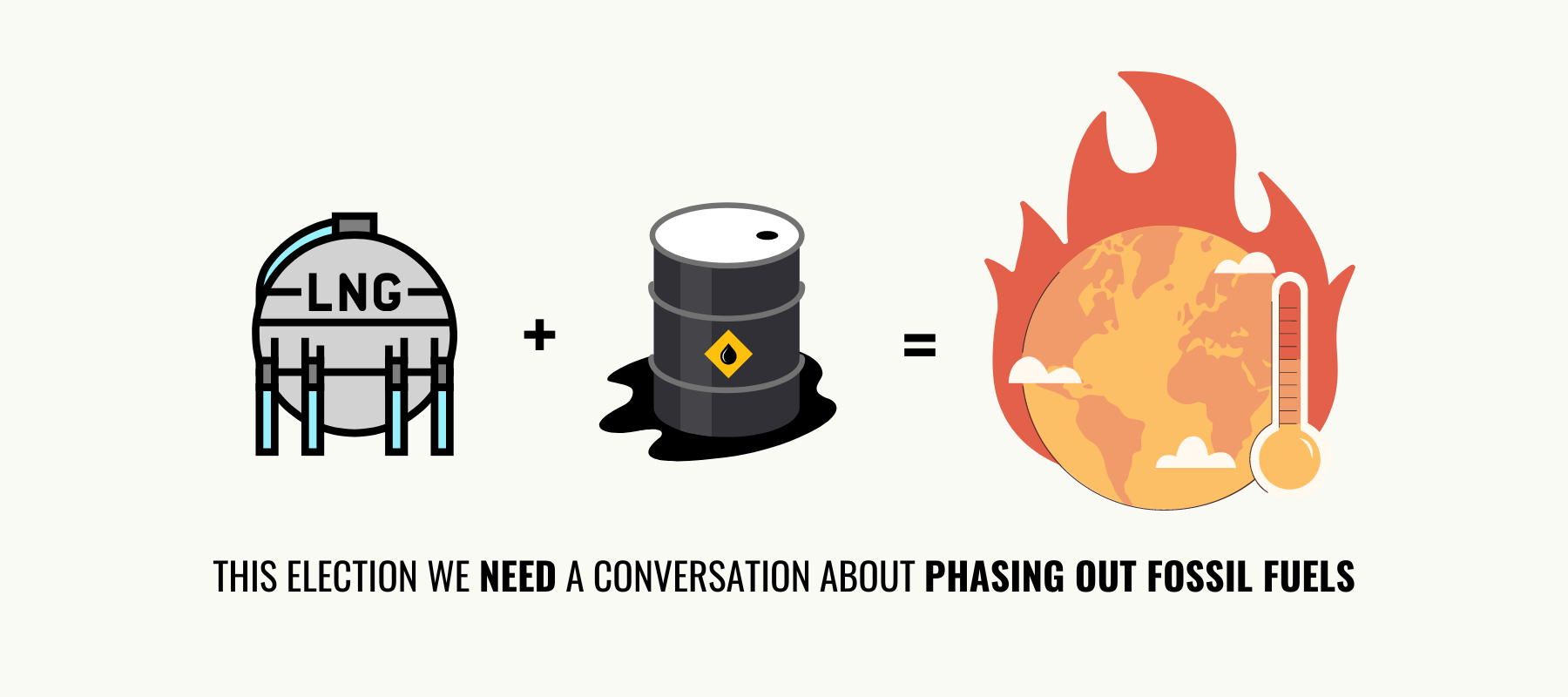Policy Note
Our publications are available to all at no cost. Please support the CCPA and help make important research and ideas available to everyone. Make a donation today.
-

Worried about Infrastructure Costs? Then End the Apartment Ban
Takeaways: Opponents of building more homes in British Columbia, and especially denser, lower-cost options like apartments, often wield the argument that their communities lack the…
-

Writing from our researchers this year
Housing—in particular a lack of affordable housing throughout BC—was a major concern for British Columbians this year and no doubt will continue in 2025. Our researchers wrote extensively on this issue. Here are some highlights.
-

BC Child Poverty Rate Climbs as Income Inequality Grows
Thirty-five years after Canada’s parliament promised to end child poverty it still hasn’t happened. In 1989, a unanimous all-party House of Commons resolution was passed…
-

Reading the policy tea leaves: What BC’s new cabinet appointments tell us about the government’s priorities
In the absence of mandate letters, let’s take a look at what the new cabinet picks and the reorganization of some key ministries tell us, in light of NDP and Green election promises.
-

Soaring cost of living—especially for housing—causes living wages to increase across BC
The 2024 living wage for Metro Vancouver has risen to $27.05 per hour, a 5.3% increase from last year. This significant increase highlights the region’s…
-

Tax cuts would come back to bite BC
In the BC election, significant tax cuts were put on the table by both the BC Conservatives and BC NDP in their policy platforms. While…
-

Rejecting the high costs of tax cuts and austerity to our health
Today, the election debate is dominated by competing tax cut proposals that risk eroding our collective capacity to invest in one another, thereby widening health inequalities that make us sicker and will further stretch an overburdened health care system.
-

Your quick guide to election issues
CCPA–BC articles casting light on issues of most importance to voters and evaluated solutions being floated on the campaign trail by the major parties
-

2024 Rosenbluth lecture with Dr. Katharina Pistor
In this lecture, Dr. Pistor discusses themes from her latest book, The Code of Capital: How the Law Creates Wealth and Inequality, which explores how the public institutions of the legal system—like property law or taxation—are used to create private wealth.
-

A convenient distraction: Is racist messaging being used in BC’s provincial election?
Ever since the economy started to slow down, the political discourse in BC has shifted dramatically. Immigrants and international students are blamed for the housing crisis and for driving down wages; people experiencing homelessness, addiction or mental health crises are blamed for making public spaces “unsafe” and engaging in crime; and basic steps towards meaningful reconciliation with First Nations are framed as threats to our economic prosperity.
-

Tackling racial inequality in Vancouver’s housing crisis: a new community research initiative
This initiative seeks to shed light on the racialized dimensions of Vancouver’s housing crisis and to develop data-driven housing policies that prioritize both racial equity and decolonization.
-

This election we need a conversation about phasing out fossil fuels
In this BC election, we need to have a real conversation about upping our climate game. That means phasing out the production and consumption of the fossil fuels that are causing climate change. Here’s how.
Updates from the CCPA
Read the latest research, analysis and commentary on issues that matter to you.
CCPA Updates